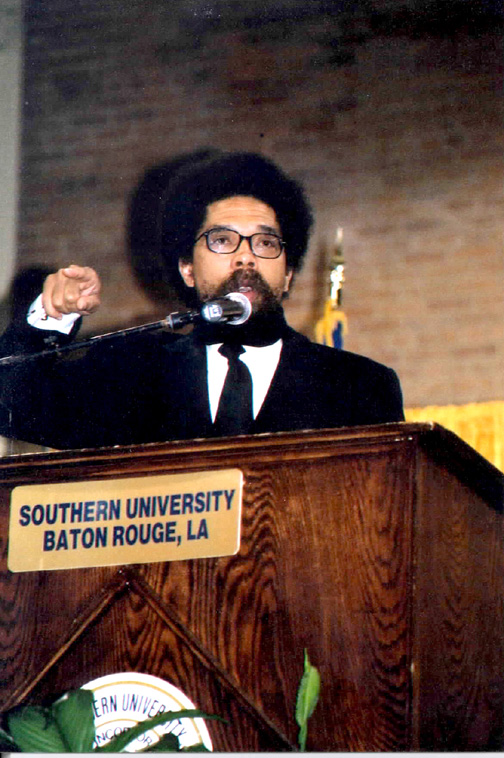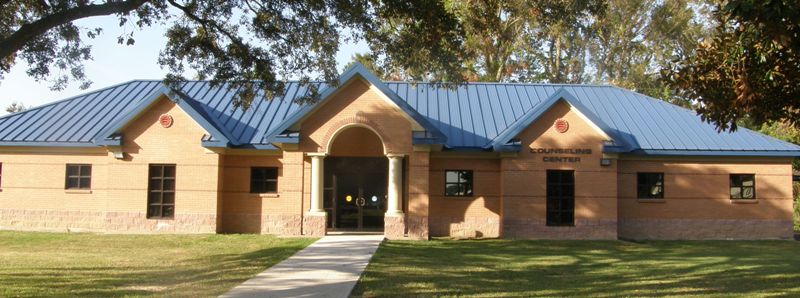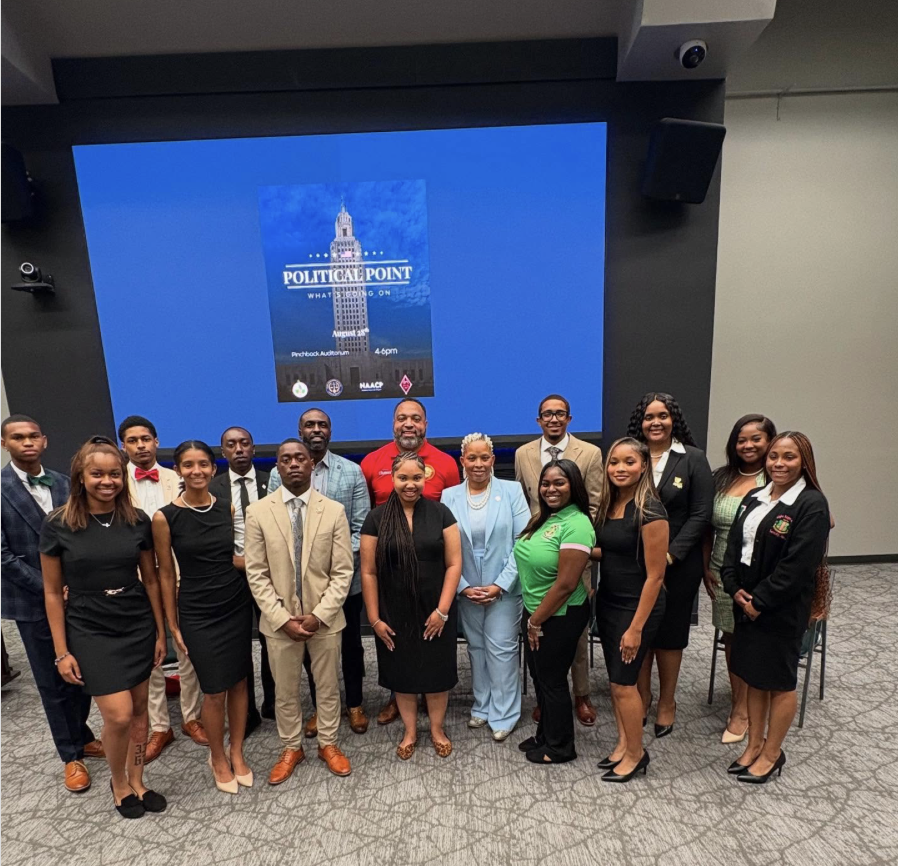With the fervor of a Baptist minister and the rhythmic flow of a conscious hip-hop poet, Dr. Cornel West, philosopher, professor and author stirred the hearts of many through a passionate speech he delivered on hip hop culture, politics and love for ourselves and our community.
“He gave a charge to the new middle class that was created by the struggle of their parents and grandparents, to resist the seduction of material culture and continue the good fight,” said Derryl Scriven, associate professor of philosophy.
West, Class of 1943 University Professor of Religion at Princeton University, spoke to a standing room only crowd in Clifford T. Seymour Gymnasium on Thursday, September 25.
“I came to say something that unsettles, something to unnerve, something to challenge the sleep walkers,” West said. “It’s time for us to shatter the sleep walking that is so pervasive today.”
After offering this challenge to his listeners, West touched on subjects that plagued the African-American community in his no-nonsense approach to controversial issues.
“9/11 was a historic day for us. It is the first time America had to raise the question–how does it feel to be the target of random violence and hating for who we are?” West said. “This is the same thing we as blacks have been living all our lives.”
West used the term “niggerized” to describe the state of White America after September 11th.
“Now that the nation has been niggerized how do you respond to niggerization?” he said.
“If we developed the same gangster mindset set like them, ‘kill ‘em as soon as you see ‘em,’ there would be a black civil war every generation.”
Relating to the younger generation as well as the older generation, West encouraged both generations to connect with one another. He posed the question, “What is the degree to which we can build on those who came before us?”
“Who are we really?” West said. “Not the mask or the role we play, what kind of character do we connect with the past, present and future? Without respect for each other, we cannot transmit tradition.”
West said African-Americans are disconnected from our past and caught up in the “bling bling” culture and superficiality of the present.
“When you have self respect, it can shape your destiny beyond the “bling bling,” West said.
As the SU community prepares to vote this Saturday, as well as in the presidential election next year, West said that he is more concerned with the younger generation and their grassroots leadership efforts within the community.
“You need to look for the candidates who have your interest at heart on issues such as education, jobs and healthcare,” West said.
West said the first step for young people to be successful is deciding what to do with their talents.
“Are you going to provide a service or become a link in something bigger,” he said. “We are so caught up on trying to be the first Negro to do this and the first Negro to do that and those are same people that are the furthest disconnected from our community.”
To make our communities stronger places for generations to come, West expounded on the fact that African-Americans must have love as a people.
West said that African-Americans need the same type of love in John Coltrain’s “Love Supreme,” Marvin Gaye’s “What’s Going On,” and even R. Kelly’s “Step in the Name of Love.”
“Our Brother R. Kelly has some issues, and we will pray for him, but he is a musical genius,” West said igniting laughter and applause throughout the assembly. “He is aware of his history. Throughout his Chocolate Factory album you can hear Donnie Hathaway, Curtis Mayfield and Marvin Gaye.”
Ending his speech on what he called a democratic note and a blues note, West offered final words of encouragement to the crowd.
“We don’t have grounds to be optimistic. We need hope. When you are optimistic, you are not in touch with reality,” West said. “We need to be full of hope; keep pushing, keep your eye on the prize, and keep your hand on the plow.”
In his quest for equality for Blacks, West described his struggle to that of the blues.
“Blues has a certain sensibility that says that there is no form of defeat that can stop us. I’m going down swinging like Ali and Ella Fitzgerald,” West said.
After his speech, West stayed late to answer questions on topics such as prison reform, the upcoming presidential election and the state of historically black colleges and universities.
He spoke passionately on the importance of giving back to HBCUs. He has a son that attends Clark Atlanta University in Atlanta.
“We are reluctant to support our own institutions. At Princeton, 98 percent of their alumni give back annually,” West said. “We are so sharp at homecoming but we should be asking each other how much are you giving back to the university you love so dearly.”
“I don’t give a penny to Princeton or Harvard but I give relentlessly to the United Negro College Fund,” West said.
“Dr. West did inspire me,” said June Mitchell, a junior from Parks majoring in elementary education. “Everything he touched on was true.”
Speaking in Louisiana was also a homecoming for West. Although West was born in Tulsa, Okla. and raised in Sacramento, Ca., West’s father is from Alexandria and his mother is from Crowley.
“These are my roots,” he said.
Walter Guidry, Jr., a member of the Southern University Board of Supervisors, is West’s cousin. West also had the opportunity to meet other family members for the first time during his visit to SU.






